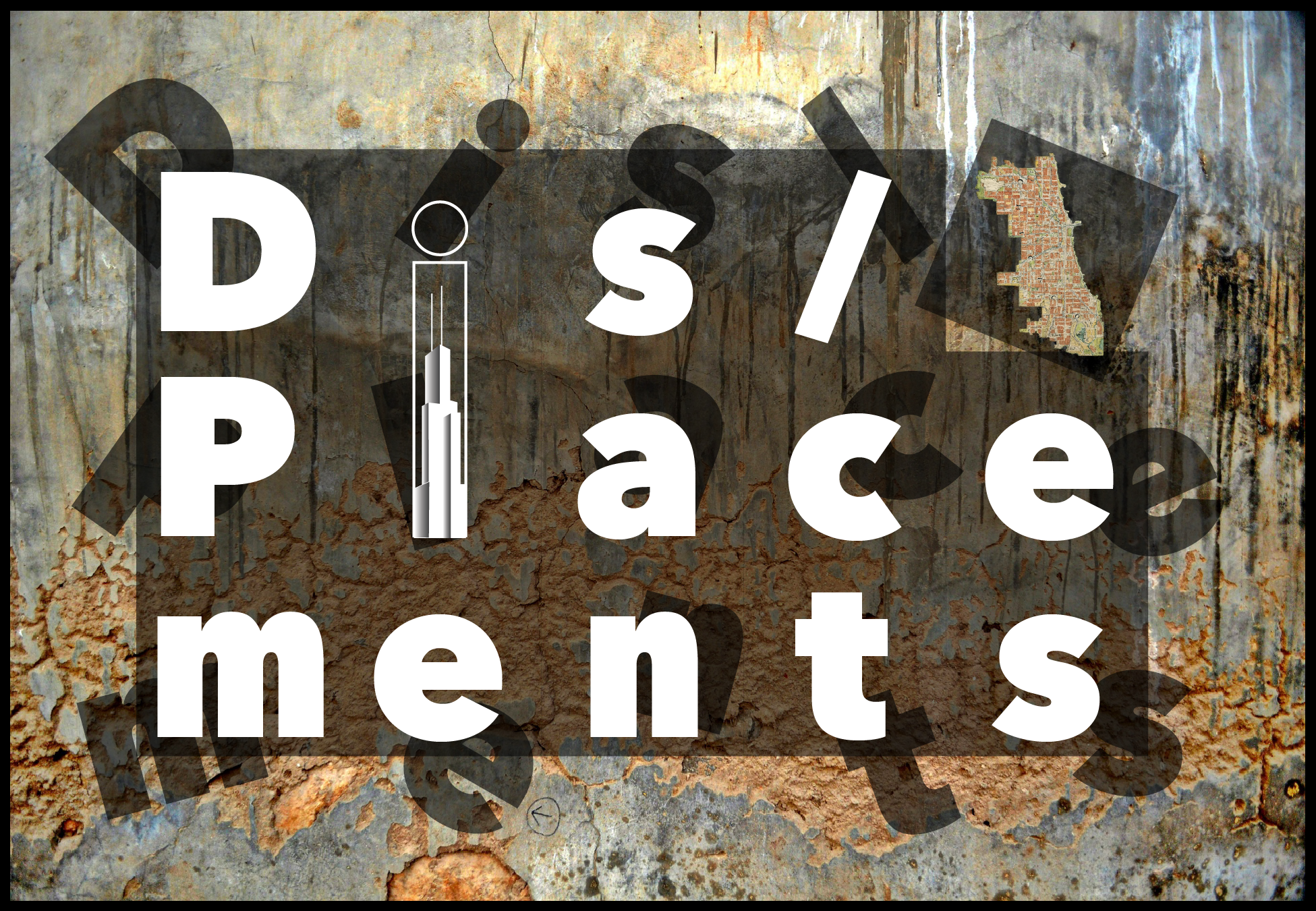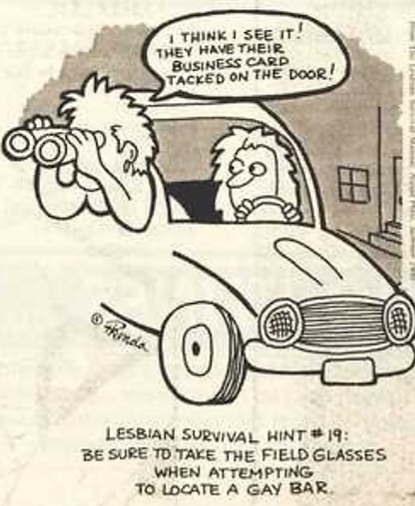Paris Dance
Paris Dance
Site #1 Description…
Paris Dance harkens back to an era when lesbian bars dotted Chicago's northside - few remain.
Chicago’s Boystown was the northside neighborhood that saw pioneering efforts in gay rights and building gay community. Early on, and particularly during the height of the AIDS crisis in the late 80s and 1990s, there were concerns on the part of lesbians that they were being rendered invisible as white gay men overrepresented the LGBT community. In these years, Andersonville, a nearby neighborhood, began to see many (largely white) lesbian women settling and opening businesses in the area, earning the name “Girlstown.” The Women and Children First feminist bookstore anchored “Girlstown,” serving as a lesbian hub.
A 1994 Women and Children First pamphlet announces the speaker lineup for its 15th anniversary. Courtesy: ProQuest LGBT Thought and Culture.
Lesbian bars were a major part of lesbian community and organizing, providing queer cis women a safe space to socialize, celebrate, desire, and organize. Over the years, these northside bars have included Suzie B’s Tavern, Star Gaze, Lost and Found, and Joie de Vine—all of which are now closed. Lost and Found, founded in 1965 by Ava Allen, was among the older lesbian bars in Chicago.
Paris Dance, a lesbian bar that opened in Uptown in 1984, is part of this culture. Owned by Linda S. Rodgers, a major lesbian rights organizer in Chicago, it was a major space for lesbian political organizing where lesbian women gathered to strategize about their interventions in feminist movements and in the gay rights movement. Paris Dance also frequently hosted pro-LGBT aldermanic candidates. In 1997, Paris Dance closed when Rodgers moved to Florida.
The disappearance of such lesbian bars over the decades have been a matter of concern for the community, given how central they have been to lesbian political consciousness and community. But there are some indications that this could also be a positive trend. More recently, bars like “Nobody’s Darling” (which opened in the place of Joie de Vine when it closed over the pandemic) in the northside have moved away from labeling themselves as lesbian bars, opting instead to welcome a wide range of queer identities, inclusive of both cis and trans gender identities. Owned by a couple of two Black queer women, Nobody's Darling signals a move away from the racial exclusions that characterized many early lesbian and gay bar spaces.
Description: Nobody's Darling owners Angela Barnes (right) and Renauda Riddle (left).
Credit: Colin Boyle/Block Club Chicago, 2021.
Copyright ©2018 Dis/Placements Project


